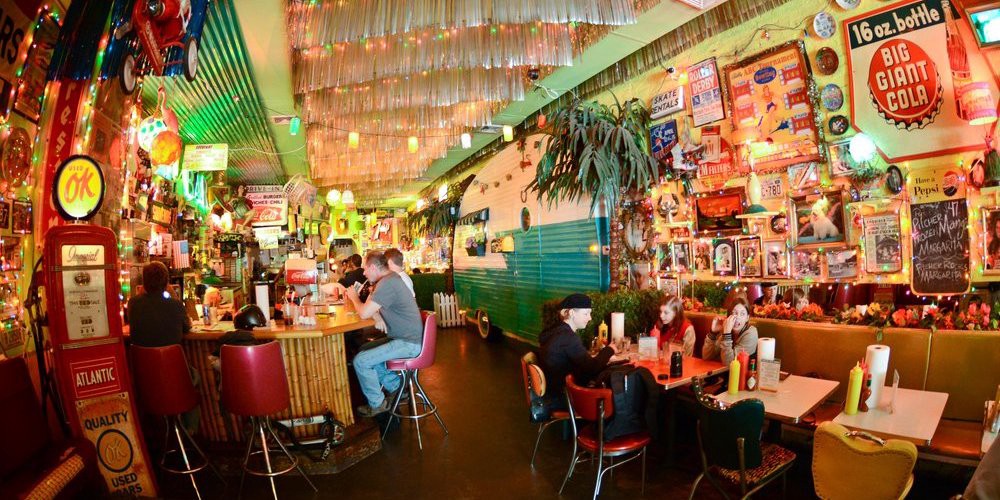Travelpayouts has analyzed how the entire travel niche has undergone major changes since the emergence of COVID-19.
As governments close borders and travelers cancel their trips, many companies in this niche are downsizing and even shutting down. So, what exactly is going on in the travel niche?
Aviation
Airlines are suffering major losses, as travel came to a standstill in much of the world with 93% of the population living in countries with travel restrictions due to the COVID-19 outbreak.
Scheduled flights are down by 70%, compared to the same week last year, apart from cargo-only flights. Aviation took the largest hit in Singapore, Hong Kong, UK, Spain, France, Germany, Sweden, and India (around 90% flight cancellation rate).
Naturally, this has implications for air carriers. Many of them are downsizing or laying off crew for several months. Some carriers, such as Delta, are experiencing 90% revenue losses compared to last year.
Due to health concerns, airlines are introducing changes to the way they operate their services. On Lufthansa flights, middle seats are left empty for the purpose of social distancing, and EasyJet is planning to do the same as soon as it restarts flights. Delta provides crews with a 19-point cleanliness checklist for cabin disinfection and is installing air-circulation systems with air filters into its aircrafts.
Hospitality
Changes in the hotel industry is undergoing are different for each region. For example, hotel occupancy rates hit rock bottom in Italy (4% in Milan and 6.6% in Rome), while other European countries faced an average drop in occupancy rates of 61.6% to 26.3%, compared to 70% to 100% under normal conditions. The highest rates were witnessed in Sydney (48.5%) and Los Angeles (42.5%).
To withstand this challenge, hotels felt compelled to temporarily close their properties. For example, IHG closed 10% of its hotels in the United States and 50% of its portfolio in Europe, Asia (excluding China), the Middle East, and Africa. Marriott temporarily shut down 25% of its properties. However, on a global scale, the picture is rather optimistic, as only 2% of the global hotel supply has been closed, according to Bernstein research.
Hotels are introducing new hygiene regimes to assuage the concerns of guests. For example, Hilton announced plans to implement its own cleaning standards, while Marriott is developing hospital-grade electrostatic sprayers.
Authorities throughout the world are trying to provide the niche with assistance. The UK government granted access to loans worth over $407 million. France provided corporate income tax deferrals, while China granted travel vouchers and aid so that hotels can provide special rates and attract more guests.
Other travel sectors will recover at their own pace, as they are confronting different challenges. Thus, United Airlines expects “demand to remain suppressed for the remainder of 2020 and likely into next year,” while Delta estimates that it might take up to three years for the business to regain the lost ground. In general, executives believe that planes will be able to fly at full capacity no earlier than one year, as travelers will remain cautious after the pandemic is over.
Chip Rogers from the American Hotel and Lodging Association expects the U.S. hotel industry to return to 70% of its former level in one year, but there will be fewer rooms and staff members. He also believes that hotels will open the moment they are allowed to. Bjorn Hanson believes that room rates will remain relatively cheap and there will be discount offers galore for months or even years to come.
The cruise niche, no stranger to incidents and shutdowns, is betting on the loyalty and flexibility of customers. Virginia Sheridan, a managing partner at North America Travel, expects cruise lines to merge and even sell off ships, but not disappear. Though many bookings have been canceled for 2020, the number of cruise reservations for 2021 is already higher than in 2019.
Moreover, ships can be moved to regions that are recovering faster than others and new itineraries can be created. Paul Hackwell from TPG Capital says it typically takes one year for the industry to return to normal, but a multiyear bounce back is still possible in this case.



